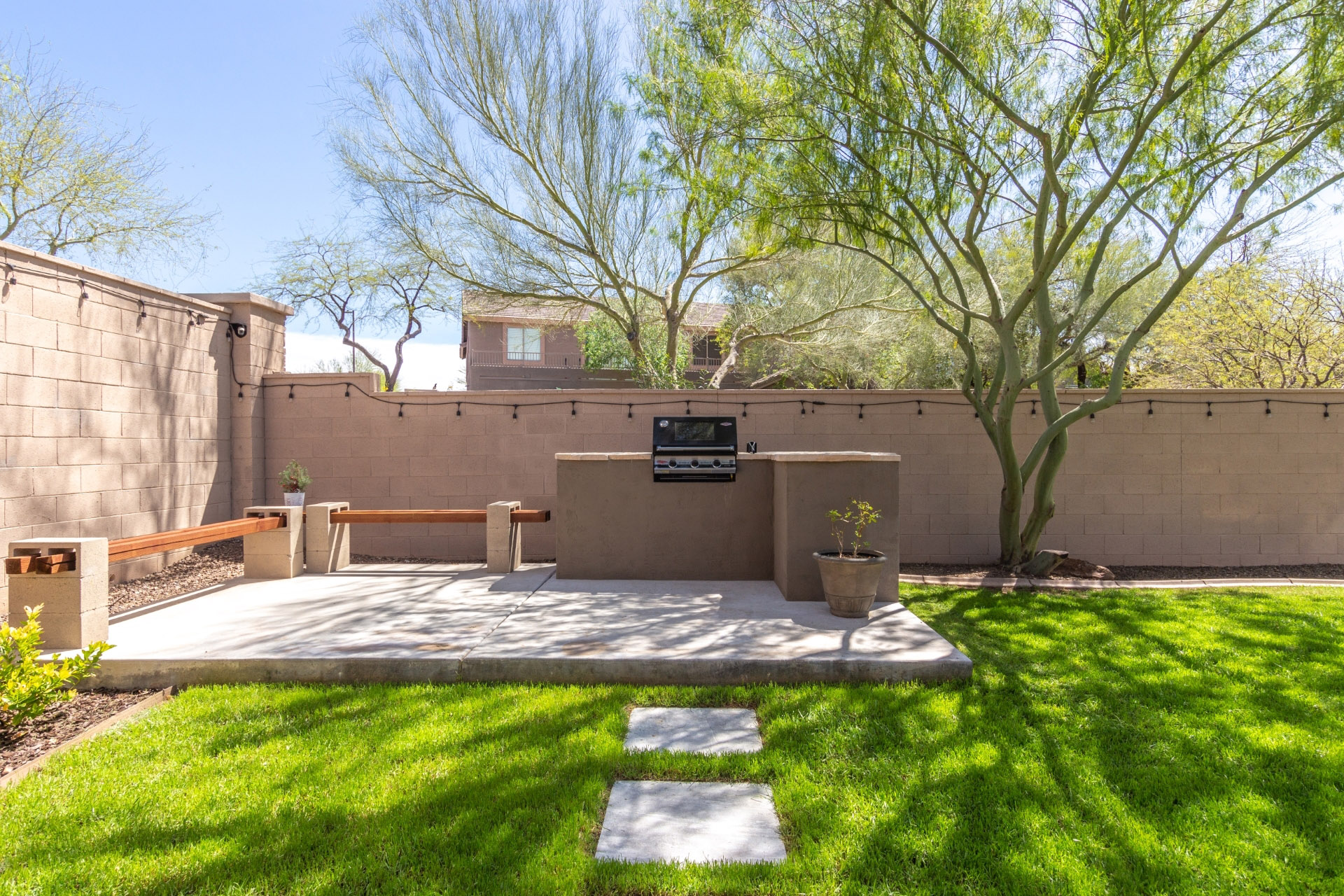Most folks think of real estate negotiation as a one-time event that occurs when a buyer first makes an offer on a home. Actually, there are several points of negotiation that take place throughout a typical residential transaction. Price and terms constituted the first phase of negotiation. The second point of negotiation follows the ten day Due Diligence (DD) period. The third phase of negation only occurs if the appraisal comes back for lower than the purchase price.
Each of these points can make or cost a client money and other headaches. (Note: There could be other issues which arise during the transaction that will require more negotiations, but these are the main ones).
First Stage of Negotiation: Price and terms.
It’s rare that a buyer doesn’t ask their agent, “how much should I offer?” A good question certainly, but a veteran professional most often would reply that he or she would need to look at the comparable sales (aka: Comps). In effect, doing an appraisal for their client. Once we know market value, then we would look at other data such as amount of days on the market, and seller motivation.
Comps can be the most effective strategy to bring a seller, or seller’s agent down to earth. After all, if the buyer’s agent does a good job using comparable sales to align their offer, they can rationalize that an appraiser will come up with a similar valuation. This will save heartache down the road.
If a home is newly listed with multiple offers, it’s safe to assume that list price is at least market value. This is because a home is ultimately worth what buyers are willing to pay for it, and if multiple buyers are willing to pay at least asking price for it, that is as good a confirmation as any on value!
If this happens, the negotiation strategy changes from, “how much lower can I buy this home for, to “what will it take to get this home!?” This is where the Realtor professional must have a serious dialogue with their buyer client about the highest they are willing to go. I’ve had clients look me in the eye and say, “Mike, whatever it takes, get us the home!” Umm, no pressure there.
The question we agents should be asking ourselves is, “If my client doesn’t get this home they absolutely love, will I be able to find them a similar one for near that price?” Even though we have a common saying that “there’s always another house,” sometimes it’s really only second best.
The buyer has a major role to play in negotiations as well. The up-front qualifying of the buyer is imperative in ALL transactions. An Arizona Pre-Qualification Form which is now a requirement of the purchase contract, is only the beginning. If a buyer is “pre-approved” rather than “pre-qualified,” this can help negotiations immensely. “Mr. and Mrs. Seller, my client, Buyer Bob is already loan approved!”
Another effective strategy can sometimes be writing a cover letter to the seller. This can be from the agent or the buyer, though generally we like to undertake this task ourselves. In it, we explain how much the buyer loves the home and envisions how they would raise their family in it, or praising the design colors of the home, or how well the home is kept. This personal touch is especially valuable if multiple offers are on the table. This approach has little to no value if the seller is an investor.
Second Stage of Negotiation: Due Diligence (DD)
Arizona residential purchase contracts call for a Ten-Day DD period for a buyer to be able to have any and all inspections they want. Beyond the standard home and termite inspection, the home inspector may recommend further inspections such as roof, mold, Heating/AC, electrical, etc.
Besides the physical inspection, the buyer can check out many online sites such as neighborhood crime stats, proximity of registered sex offenders in the area, schools, commute times, you name it.
The ten-day DD period concludes when the Realtor provides the seller with a form called a BINSR (acronym for Buyer Inspection Notice and Seller Response). At this point the buyer has three options. They can accept the property as is requesting no repairs
Third Stage of Negotiation: A Low Appraisal
Sometimes, a house won’t appraise for what the agreed on price is. This becomes an issue because banks generally won’t lend money to a buyer for a property they don’t believe is worth the amount they are paying. Why?The bank will use the home as collateral for the loan, so if the buyer doesn’t pay the mortgage and the bank has to reposes their home, they will be stuck with a property that might not sell for high enough to pay off the loan.
When this happens, the seller either needs to lower the price to come into line with the appraiser, or the buyer needs to come up with more cash to make up the difference. If neither of these things happens, the deal is lost! The seller has more to lose here than the buyer in most cases.
Our contracts here in Arizona are written in such a way where the buyer will get their earnest money (deposit) back if they can’t close on the home because of an appraisal issue. Therefore, they have lose nothing except for time and disappointment.
The seller on the other hand now has to face the prospect of putting the home back on the market. This will cost them time AND money. Depending on the difference in value, most sellers would opt to lower the price than lose the deal. Knowing this, buyers have an opportunity here to get an even better deal on the property than first negotiated.


